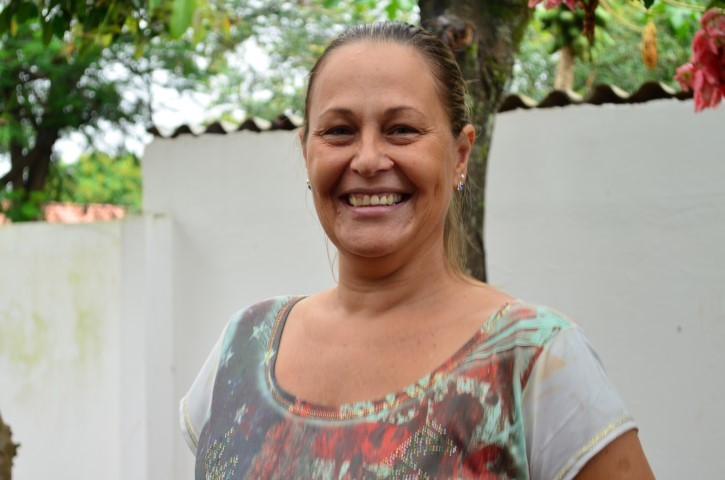Onde Estamos
Rod. Dom Pedro I, km 47
Nazaré Paulista, SP, Brasil
Caixa Postal 47 – 12960-000
Tel: (11) 3590-0041

With the Climate Schools project, we want to expand the presence of climate education in basic education in schools, which is still incipient. It is extremely necessary to support students to become agents of change!
Through the project, IPÊ – Institute for Ecological Research provides knowledge about the causes and consequences of climate change and develops participatory methodologies to engage school communities in proposing solutions and acting collectively to address extreme climate events.
Partnership Iamar Institute, sponsorship Petrobras Sociambiental and collaboration AWS Amazon.

Seeking to encourage more sustainable processes of rural production allied to income generation and the well-being of society, IPÊ is committed in its projects to develop education and training, free of charge, for a variety of audiences.
With the Education, Landscape, and Community project, the Institute is taking the successful social technology developed jointly with farmers from Pontal do Paranapanema, a region in the far west of the state of São Paulo, to rural settlements.

Practical projects, which transform the socio-environmental reality in Brazil, are already known as encouraged and applied by IPÊ – Institute for Ecological Research.
Here we present the initiatives that ESCAS – School of Environmental Conservation and Sustainability develops with partnerships, promoting the connection between the Institute’s field actions and those of communities in various regions of Brazil with education, science, and technical and social development. These are projects that integrate sectors and knowledge, generating impact on the lives of people in various locations and biomes.

In Brazil, where cattle occupy 3/4 of agricultural land, conventional cattle raising brings challenges by degrading the soil and reducing the quality of pastures, generating great impact on productivity (about 80% of pastures have some degree of degradation), on the environment, and on animal welfare. Climate change and the growing demand for high-quality products indicate that we urgently need to build a future for sustainable livestock farming.

Since 2012, IPÊ has been expanding its research area with business partners, aiming to understand the impacts of their practices on ecosystems. Thus, between 2012 and 2014, it conducted analyses of the production chain of Danoninho, a product of the French company Danone, and also developed studies on water and coffee in the Cerrado for the manufacturer Nespresso. The initiative between the Institute and the companies looks at the relationship of the companies’ businesses with ecosystem services, in other words, with the benefits that human beings obtain from ecosystems.

The so-called R&D projects – Research and Development – seek answers to technological and market challenges based on originality and innovation. Biodiversity monitoring, analysis and evaluation of ecosystem services and valuation of Natural Capital are IPÊ’s action fronts in this line. Using its expertise in science and innovation, IPÊ seeks new technologies that can more accurately identify and evaluate the results of the work promoted by companies and institutions from various sectors that invest in sustainability. Developing Technologies for Valuation of Ecosystem Services and Natural Capital in Environmental Programs.

The Brazilian Conservation Units (UCs), at the same time that they are extremely important for the protection of the country’s biodiversity and the sustainable use of natural resources, have low implementation rates and face challenges in reaching their creation objectives. In order to collaborate with the development of these protected areas, IPÊ performs activities such as the elaboration of management plans for these units, training and projects in partnership with managers, ICMBio (Chico Mendes Biodiversity Institute), state secretariats, city halls, and other organizations related to the creation and implementation of protected areas.
Rod. Dom Pedro I, km 47
Nazaré Paulista, SP, Brasil
Caixa Postal 47 – 12960-000
Tel: (11) 3590-0041
Termos de Uso | Política de Privacidade | Ouvidoria
Copyright © Ipê – Instituto de Pesquisas Ecológicas.
Email: [email protected]